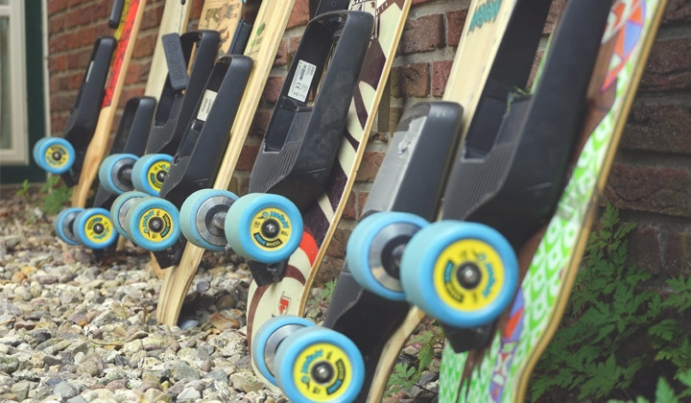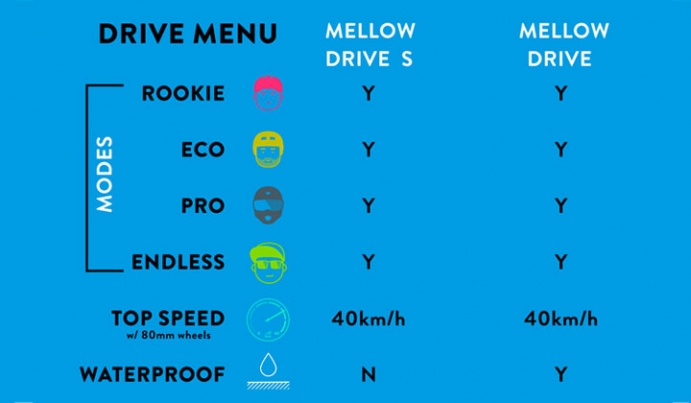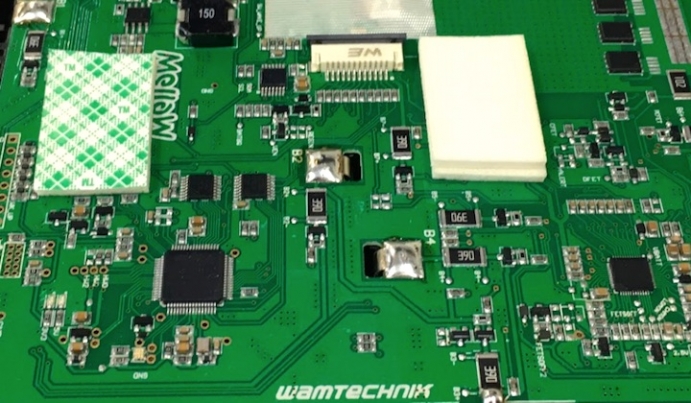This is not just another open letter. We have discussed a lot lately about the legality of Personal Light Electric Vehicles in Germany and we will not stop ring the bell about this issue until things change. It now seems like they are finally releasing the law and in all it's details but it seems like it will be a BIG BUMMER to use e-skaters, only PLEVs with a handle will get legalized from what certain sources are saying. This just breaks our e-hearts. So what should we do? Put handlebars on our boards? Move to Sweden? No, we's rather keep up the fight support motivated people like Christian Keller, who wrote an open letter asking the Federal Ministry of Transport and Digital Infrastructure to reconsider rethinking the planned regulation as it currently stands. If we want change, then we need to spread the word and create awareness. So let's spread the word and make the lawmakers change the details to include e-skates before it's too late for us in Germany!

Dear Sir or Madam,
I’m writing this letter about a topic that is not only important for me but for thousands of other people as well. The topic of this open letter is about the approval of “Personal Light Electric Vehicles” (PLEV’s) to legally be usable on public roads in Germany.
A PLEV is basically a light electric vehicle that can go faster than 6 km/h. In Germany, due to missing a vehicle class, these vehicles are basically regarded in the same way as cars. Hence, they should be registered and insured as such. However, as PLEV’s cannot fulfil the regulations needed for cars (e.g they have no handlebars, no seats, no belt…), these vehicles can neither have an insurance, nor are they allowed to be driven on public roads at the very moment. There is one exception for Segways. These vehicles can go at a maximum speed of 20 km/h and must have an insuring tag.
There are many types of PLEV’s, like Hoverboards, electric skateboards, onewheeler or scooter. These vehicles can serve many purposes, e.g. as a last mile vehicle (for instance for the way from home to the train station) or for hampered people.
In 2014, the BMVI commissioned a study that should have given an overview about the vehicles that are actually available on the market. After I asked for the result of this study via email, I got the response that this year (2018, four years later…) the results would be finally available.
Unfortunately, the results of this study have yet not been published, so that we can only guess what the actual content was. Which vehicles have they checked? Did they work together with other countries that already have experiences with other than standard vehicles on public roads (Norway, Sweden, Finland)? And which criteria were important for this study? Did they consider the experiences of any experts? It is publicly known that Scooterhelden from Berlin for instance were invited to the German Parliament. However, at that time, the investigation for the study has already been closed.)
After Mr. Matthias Gastel (Member of the green party the German Parliament) asked for the status about the approval of PLEV’s, he got the following answer (german).
The answer of this inquiry states that there will be a regulation for PLEV’s at the end of 2018. At a first glance, this seems to be a positive sign. A blogger that apparently has talked to Stephan Reichert from BMVI however found that only specific vehicles will be part of this regulation. On his blog he wrote that Reichert, who is responsible for the road traffic department in the BMVI, said that one of the requirements for these vehicles to be used on public roads is to have handlebars.
If that is true, the new regulation will from my point of view only approve a very small number of PLEV’s as most of them do not have handlebars. It will exclude a large number of PLEV’s without valid reason. Having no handlebars offers significant advantages. Such vehicles are small and compact and therefore perfect to be used in the urban space and as a complement for public transportations.
Even without a regulation, the number of electric skateboards and hoverboards used on public roads has been constantly growing in recent years. If the new regulation will not include those vehicles, both the drivers of PLEV’s as well as other road users are left in an uncertain situation.
I am using an electric vehicle by myself and do not want to miss it. Driving very carefully and defensively, I can reach any destination in the city in a fraction of time in comparison to walking or being stuck in a traffic jam. Further, I do not pollute the environment anymore. The way from home to the train station is literally way easier. Beside my personal interest in a regulation that includes all types of PLEV’s, I cannot understand why Germany is waisting the chance to become a leader in terms of laws to support electric transportations. Especially in regards to the 2 % climate goal, it should be in line with the German government to support any form of electric mobility, as the transport sector makes a significant contribution to greenhouse emissions.
To the ones responsible at the BMVI, I am asking you to consider rethinking this regulation to include electric vehicles without handlebars. A growth of PLEV’s on public roads not only will lead to reducing the traffic in cities, but will also help to support innovations by German vendors for electric vehicles like Mellow Boards. This would not only be an advantage for the Germany economy, but having a clear and fair regulation would help everybody involved.
A regulation that will once again only include a very small number of vehicles (as happened with Segways) will from my point of view lead to a wasted opportunity in progressive thinking whilst ignoring a clear trend to the usage of environmentally valuable vehicles.




